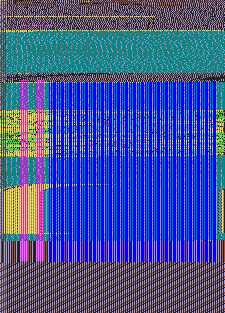

The analysis and design problems of such systems become very complex since the solution may not be found easily due to the huge amount of computation efforts required to simulate and analyze the dynamic process of the system, which may lead to large scale decentralized controller. Thence, the obtained results have demonstrated the usefulness of the proposed controller for constructing smart cities.ĭescribing the behavior of many mechanical and engineering systems may let us end up with high dimensional mathematical models. Moreover, the application of this control strategy to smart building system has led to significantly minimize the damages that can be generally caused by the severe earth quakes.

The optimized behavior of the control system has been analyzed and tested in the framework of the inclusion-contraction of the overlapping decomposition theories. This controller is designed to increase the robustness and improve the smart building system responses toward different earth quakes. The main objective of this book chapter is to design decentralized controller for building system in order to avoid the damages that will be caused by the earth quake responses. The design of decentralized controller has faced tremendous success especially for large scale systems.

In such case, it is basically desirable to use avoid the use of centralized controller due to the possibility of dimension increase during its implementation. Many building systems are known to have complex structure with large dimension variables that characterize its mathematical models.


 0 kommentar(er)
0 kommentar(er)
